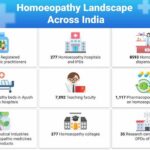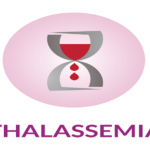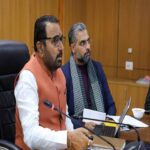Recalling the launch of the National Framework for Malaria Elimination (NFME) last year, Shri Nadda stated that NFME outlined India’s commitment for eliminating malaria by 2030. “Today we are here for the launch of the National Strategic Plan for Malaria Elimination (2017-22) which gives strategies for working towards the ultimate goal of elimination of malaria by 2030,” Shri Nadda elaborated. The Health Minister further said that the National Strategic Plan is for five years and requested the Programme Officers to work with a strategy and follow the operational guidelines laid down in the National Strategic Plan.
The Health Minister further said that encouraging results have been achieved in the North East India and our efforts are now focussed in other states such as Jharkhand, Odisha, Chhattisgarh, Madhya Pradesh and Maharashtra. Shri Nadda further informed that since the past three years focus is on Long Lasting Impregnated Nets (LLINs). “The Ministry has distributed 14 million nets and 25 million nets are to be distributed”, Shri Nadda said.
Highlighting the salient features of the NSP, Shri Nadda stated that the strategies involve strengthening malaria surveillance, establishing a mechanism for early detection and prevention of outbreaks of malaria, promoting the prevention of malaria by the use of Long Lasting Impregnated Nets (LLINs), effective indoor residual spray and augmenting the manpower and capacities for effective implementation for the next five years. “Intersectoral coordination is the key, we have to work together with the other Ministries and Municipal Corporations to achieve the desired results, Shri Nadda added.
Dr Suchaxaya Prakin, acting WHO representative to India said that today’s development is an important step in the direction of global efforts for elimination of malaria in various countries. She informed that one child dies of malaria every two minutes and the burden is the heaviest in the African region. India has the third highest malaria burden in the world. She stressed on harnessing innovation and research along with monitoring and surveillance, and community participation.
Also present at the event were Sh. Navdeep Rinwa, Joint Secretary, Dr. P. K. Sen, Director, NVBDCP along with the other senior officers of the Ministry and representatives of international development organizations.







